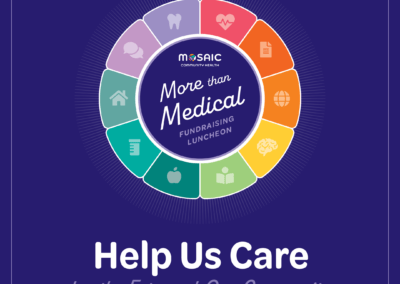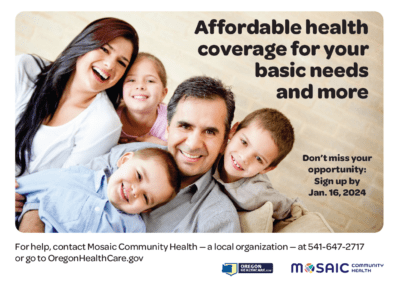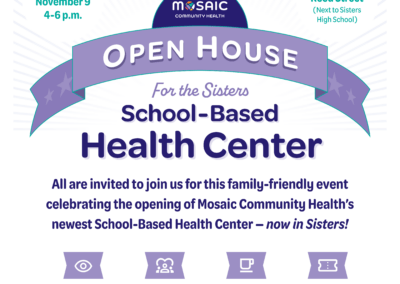 Updated Aug. 18, 2020: As of July 29, 2020 the new Public Charge rule is BLOCKED in the entire United States. Check OregonLawHelp.org and protectimmigrantfamilies.org for the most up-to-date information on Public Charge. Please also see the linked, updated documents below.
Updated Aug. 18, 2020: As of July 29, 2020 the new Public Charge rule is BLOCKED in the entire United States. Check OregonLawHelp.org and protectimmigrantfamilies.org for the most up-to-date information on Public Charge. Please also see the linked, updated documents below.
Public Charge and the COVID-19 Emergency Reminders:
- Many immigrants are exempt from the Public Charge test
- Many benefits don’t count in the Public Charge test
- Benefits received by/for children don’t count against their parents
- Testing, treatment, and preventive care for COVID-19 will not be considered in the public charge test, no matter how it is paid for
- USCIS will take COVID-19 into account benefits received during the COVID state of emergency
Previously shared information:
On Monday, Jan. 27, the U.S. Supreme Court temporarily cleared the new “Public Charge” regulation to go forward nationwide. The new rule will go into effect on Feb. 24 throughout the nation (except for Illinois), even as lawsuits challenging the rule work their way through the court system. The rule will not be retroactive, so no one will be held to the new rule until after Feb. 24. At Mosaic we want to share information about this rule in order to support our immigrant patients, staff and their families.
What is “Public Charge”?
The U.S. Department of Homeland Security (DHS) assesses individuals seeking admission to the U.S. or applying for a green card to determine if they would be a “public charge.” This is defined as an individual “who receives one or more public benefit for more than 12 months . . . within any 36-month period (such that, for instance, receipt of two public benefits in one month counts as two months).”
The expanded rule cleared on Monday broadens the public charge definition. For the first time the definition now includes: non-emergency Medicaid (OHP), “SNAP” (also known as “food stamps”), and Section 8 housing assistance.
Please note these are NOT considered “public charges”:
- Medicaid (OHP) for kids under 21
- Medicaid (OHP) for pregnant women, including 60 days post-partum
- Emergency Medicaid (CAWEM)
- Oregon’s Cover All Kids program
(see the linked documents below for more exemptions)
Mosaic sliding scale discounts do not count as a public charge. Also, a child’s use of Medicaid (OHP) does not create a public charge issue for the parent of that child. It is only programs used by the person applying for U.S. entry or a green card that are considered. Programs used by children/family members of those applying are NOT considered.
Public Charge Information Sheets
We encourage everyone to review the links below to the Oregon Health Authority fact sheets and FAQs in English and Spanish.
- Public Charge Fact Sheet
- Conozca los hechos sobre la carga pública
- COVID-19 and Public Charge
- Carga pública y la emergencia COVID-19
Immigration Legal Resource
To seek advice from an immigration attorney contact Oregon Immigration Resource.
Note: This post will be updated as further information becomes available.
Information provided by: Elaine Knobbs-Seasholtz, Director of Strategy and Development, Mosaic



0 Comments